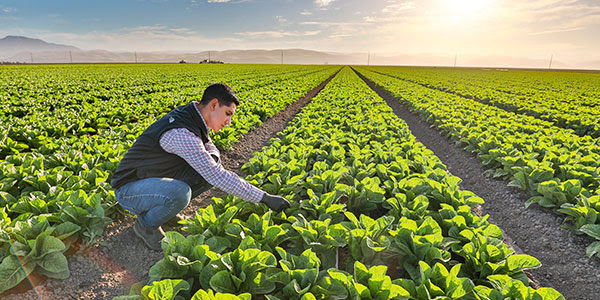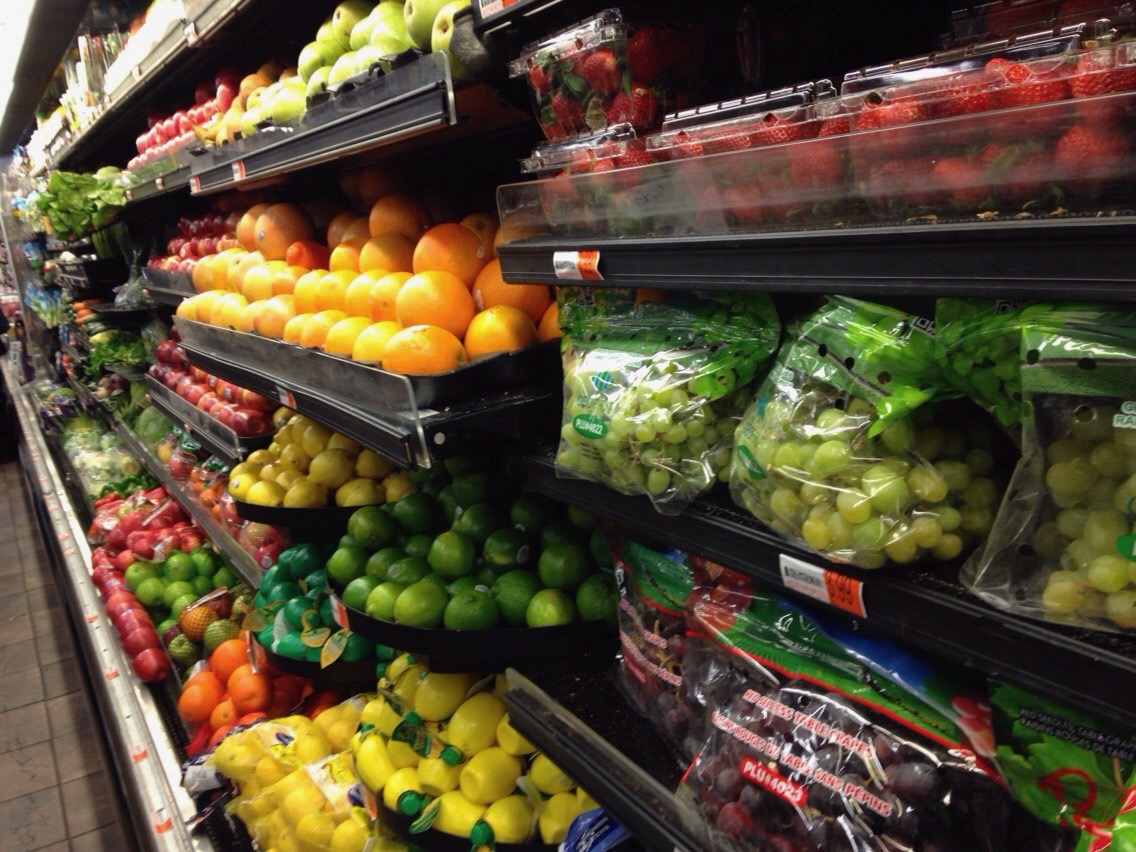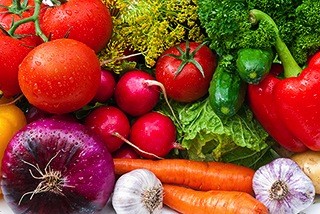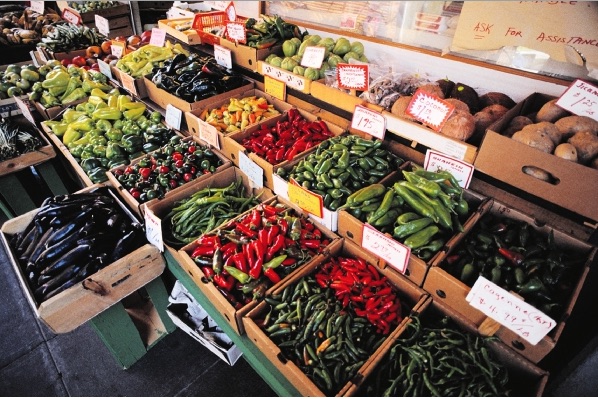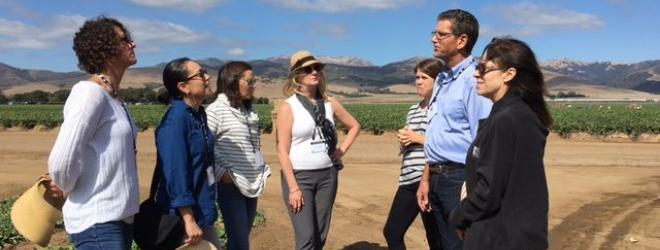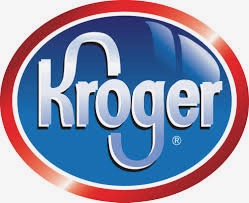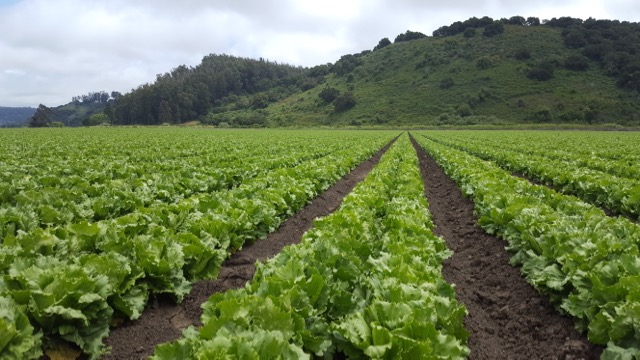Benefits of Gene Editing in Produce
Gene Editing in Produce Could Help Solve Food Shortages
By Tim Hammerich with the Ag Information Network
Throughout the GMO revolution of many row crops, the technology was largely not applied to the fresh produce industry. Gene editing, however, is different. It allows breeders to edit the genome of these crops in the same way that could happen in nature, speeding up the process and opening new doors to solve problems in the food supply. Here’s Produce Marketing Association vp of technology Vonnie Estes.
“There’s a number of things like, non-browning is a trait that’s pretty easy to do on a lot of different crops,” said Estes. “And so that really allows for a lot less food waste. And so let’s focus on that. How can we make, you know, fruit and vegetables, more convenient so that people, especially children eat more of them? And so looking at the convenience factor is important. So I think we’re at this really great point right now of we have these tools, you know, how do we move this along so that it’s best for the consumer?”
Estes sees big benefits to gene editing technology for consumers, the planet, and for farmers.
“You know, these technologies are really going to help as we start having the effects of climate change more, where you don’t have as much water as you used to. And so you have to grow a different variety because you don’t have as much water, or it’s too hot. Really being able to use gene editing to help around climate change and where people are growing crops is going to make a big difference,” explained Estes.
The key, says Estes, will be communicating about this technology to consumers.

